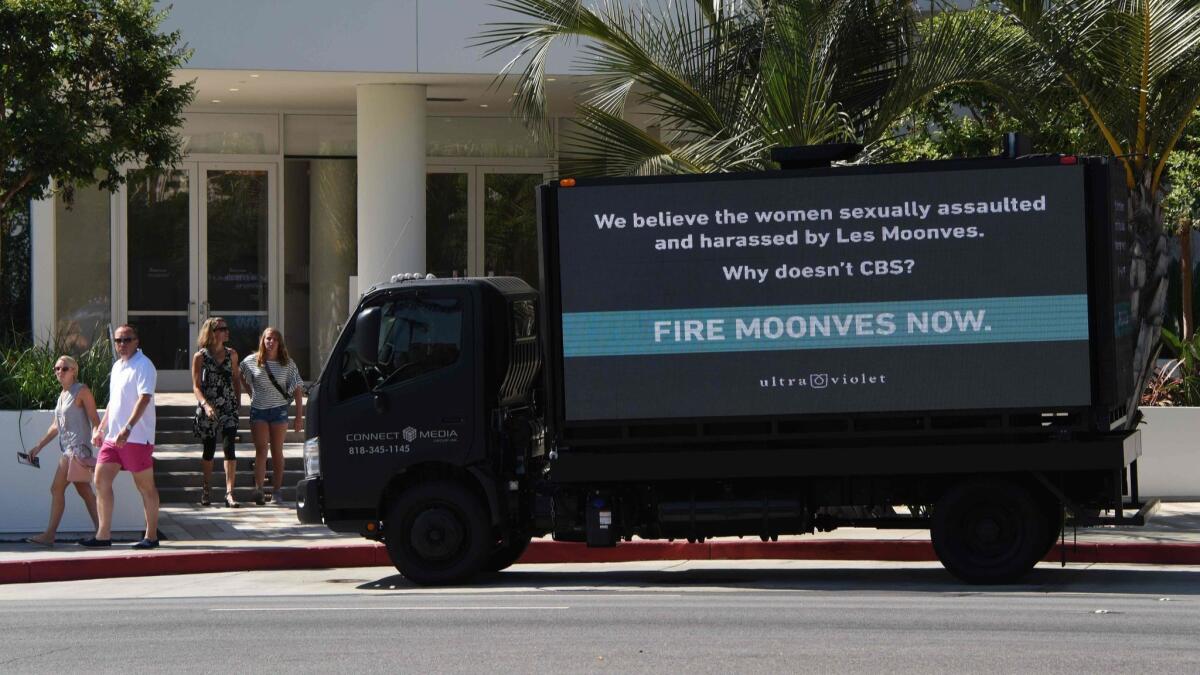LCF City Council considers putting the brakes on mobile billboards in public right-of-way

La Cañada Flintridge City Council members roundly agreed Tuesday the city’s public right of way is no place for private commercial interests when they showed initial support for an ordinance that would prohibit mobile billboards from parking on city streets.
But as to what exactly constitutes a “mobile billboard,” a clear consensus was lacking, requiring city staff to go back to the drawing board.
In a first reading discussion, City Manager Mark Alexander explained a recent proliferation of billboards carried or pulled by vehicles and parked for extended periods of time has caused several municipalities to pass ordinances restricting or prohibiting them, based on their unsightliness and ability to distract drivers.
“As these communities are regulating them, you’re starting to see these mobile billboards moving to other areas where they’re not regulated at all or as much,” he said. “To address this concern before it becomes a problem in La Cañada Flintridge, staff is bringing to the City Council a draft ordinance that would prohibit outright mobile billboards.”
As currently proposed, a first violation would incur a fine of $100, with a $200 fine for a second violation within a 12-month period and subsequent $500 penalties after that. The regulation, which would also apply to campaign signs and political statements, would be enforced through sheriff’s department citations.
Alexander explained vehicles that display signs or company names in the usual course of business, such as construction company trucks or pizza delivery vehicles, would be excluded. Vehicles wrapped in adhesive vinyl on which ads or company names are often printed would also not be cited.
“This ordinance is not intended to address or prohibit typical business vehicles,” the city manager said. “We’re talking about really the type of advertising that is pulled, towed or carried.”
Alexander added the ordinance was not written to conflict with free speech, as it was not concerned with the content of ads, simply their conveyance.
Mayor Terry Walker — who said she’d heard at least one complaint from a local business owner about a large wrapped truck that parked in front of her Foothill Boulevard workout studio for days — asked whether such activities could be included in the ban.
“It would be very difficult to write an ordinance that would cover some wrapped vehicles and not others,” said City Atty. Mark Steres.
Some council members questioned how the intention of a wrapped vehicle that stayed put for extended periods was different from more traditionally defined mobile billboards. Others wondered how the ordinance would be enforced at all.
Ultimately council members requested the matter be brought back at a future meeting, after further analysis regarding wrapped vehicles had been made.
“I think it makes sense to look at this further, rather than having to go through the whole discussion again,” said Councilman Greg Brown.
Twitter: @SaraCardine
